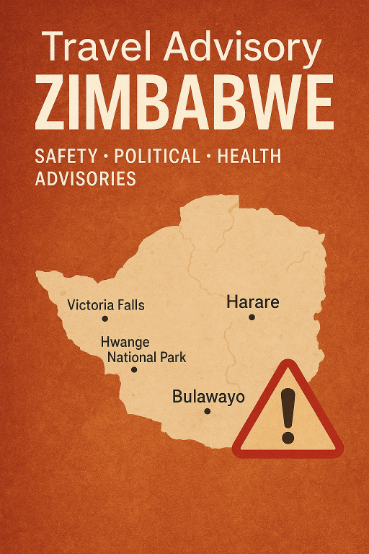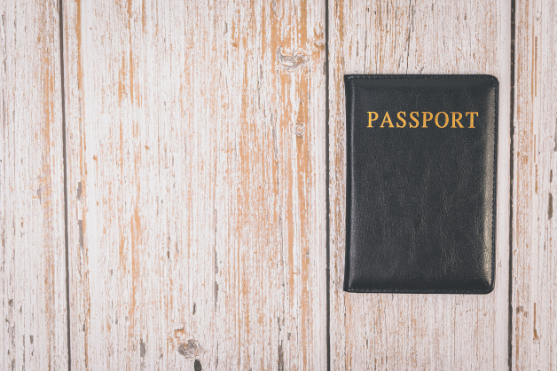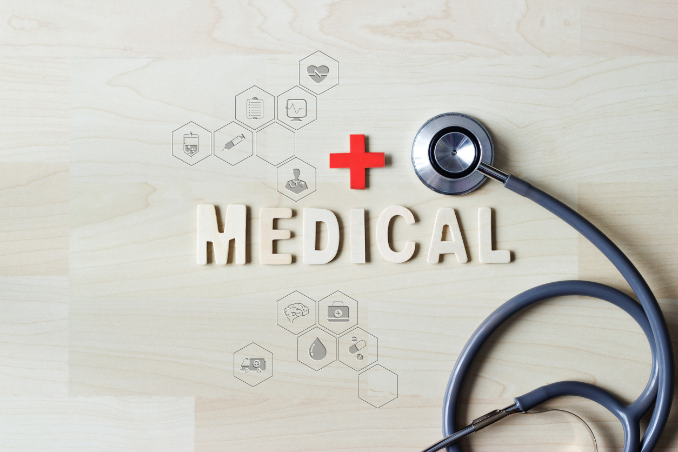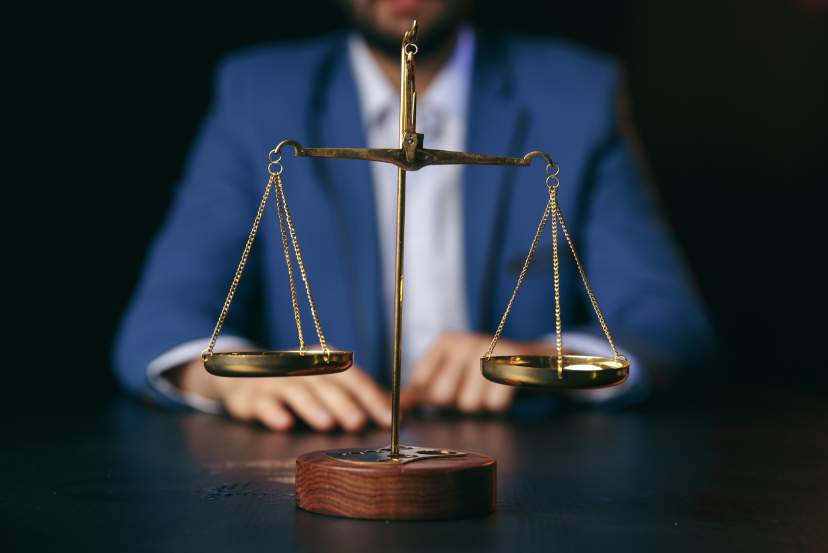Every region of Zimbabwe reveals a tale of both natural beauty and difficulties. It is a place of opposites where adventure meets unpredictability. Even though the nation is home to breathtaking locations like the tranquil Hwange National Park and the Victoria Falls, visitors should be aware of the changing political landscape and health issues that may affect their trip.
The recommendations below address several topics, such as cultural sensitivity, political unrest, health issues, and safety. Staying informed on the most recent warnings is crucial for anybody planning a trip to Zimbabwe to guarantee a fun and safe journey.
Importance of Staying Informed While Traveling
It takes meticulous preparation and awareness to go to a foreign nation, particularly one with different safety and health circumstances. Being aware of the country's current state helps you make informed decisions and reduce travel risks.

Safety and Security in Zimbabwe
Zimbabwe has its share of safety issues, just like many other nations. Even if visitors may go there without much danger, it is still vital to take the appropriate safety measures.
Safety Concerns
- No Recent Terrorism, But Be Alert: While Zimbabwe has not seen recent terrorist attacks, it doesn't mean they can't happen. Stay aware of your surroundings, especially in places tourists visit. Pay attention to local news and follow official advice.
- Political Unpredictability: Demonstrations can turn violent. Avoid any political involvement, including discussions in public or online. Criticising the president is illegal.
- Power and Water Issues: Expect frequent blackouts and water rationing. Traffic lights might not work during outages. Check with your hotel for updates.
- Mobile and Landline Problems: Phone networks can be unreliable.
Crime and Personal Safety
- Moderate Crime Levels: Be cautious, especially if you are travelling alone. Mugging, pickpocketing, and bag-snatching are common in cities, especially at night.
- ATM and Bank Safety: Be vigilant when leaving banks and ATMs. Do not flash cash.
- Accommodation Security: Ensure your lodging is secure, as armed robberies targeting foreigners do occur.
- Vehicle Crime: "Smash-and-grab" robberies happen, particularly on certain roads, including those to the airport and major city roads. Keep doors locked and windows up. Avoid leaving vehicles unattended.
Legal and Cultural Considerations

- ID Requirements: Carry copies of your passport and visa. Keep originals safe. Zimbabwean residents must carry their residency cards.
- Drug Laws: Drug laws are very strict, with severe penalties.
- Money Matters: Only exchange money at licensed dealers. Cash shortages and lack of small bills are common. Credit cards are not always accepted.
- Photography Restrictions: Do not photograph government buildings, airports, military sites, or protests. It is illegal.
- Presidential Security: The area around the president's residence is heavily patrolled. Avoid it, and do not use GPS navigation there.
- Journalism and Social Media: The government's definition of journalism is broad. Be careful about what you post online.
- Wildlife Trade: Trading protected animal products is illegal and carries severe penalties.
- Camouflage Clothing: Civilians cannot wear camouflage.
- LGBT+ Issues: Same-sex relations are illegal. Public displays of affection can attract unwanted attention.
Travel and Outdoor Activities
- Safari Safety: Safari lodge safety standards vary. Check with the Safari Operators Association. Animal attacks can occur. Ensure your insurance covers all activities.
- Driving Precautions: Driving standards are poor. Roads have potholes, broken traffic lights, and other hazards. Drive carefully, especially at night. Carry a medical kit and extra fuel.
- Bus Travel: Avoid commuter buses ("combis"). Intercity buses can also be dangerous.
- Taxis: Hotel-recommended taxis are generally reliable.
- Railway: The Zimbabwean railway network suffers from severe underdevelopment and a lack of maintenance. Such neglect creates dangerous conditions, especially at level crossings, which are frequently poorly marked and therefore the cause of many accidents.
- Presidential Motorcade: When the President's motorcade passes, you must stop your car.
- Airports and Border Crossing Guidelines: Zimbabwe has several international airports, with Harare International Airport being the busiest. While the airports are generally safe, be prepared for longer customs processing times and occasional delays at border crossings.
- Visa Requirements: Ensure your visa is valid and properly stamped before arriving at the airport.
- Border Crossings: When crossing into Zimbabwe from neighbouring countries, ensure you carry the necessary documents, such as a passport, visa, and proof of onwards travel.
Key Takeaways
- Stay informed and alert.
- Be cautious about crime.
- Respect local laws and customs.
- Plan for potential disruptions.
- Travel insurance is a must.
Health Precautions and Medical Information

Before you embark on your journey, prioritising your well-being ensures a safer and more comfortable experience.
- Check Healthcare: Make sure your destination in Zimbabwe has the medical care you might need.
- Get Travel Insurance: Ensure it covers local treatment and emergency evacuation, especially if you have health issues or are pregnant.
- In Case of Emergency
- Call 112: This is the emergency number from a mobile phone for an ambulance.
- Limited Emergency Services: Zimbabwe's emergency services are not great. You might have to arrange your transport.
- Insurance: Contact your insurance company immediately if you need medical care.
- Healthcare in Zimbabwe
- Variable Quality: Healthcare quality varies greatly, and it can be poor outside of big cities.
- Shortages: Hospitals often lack drugs and trained staff.
- Payment First: Private clinics demand payment upfront, often in cash, even for emergencies.
- High Costs: Medical costs, especially for evacuation, can be very high.
- Insurance is crucial: Make sure your travel insurance is good, and you have enough money to cover any medical expenses.
- Recommended Vaccinations: Before travelling to Zimbabwe, it is advisable to ensure you have up-to-date vaccinations, including:
- Hepatitis A and B
- Typhoid
- Yellow Fever (if traveling from a country with a risk of yellow fever transmission)
- Tetanus and Diphtheria
It is also recommended to take malaria prophylaxis if you plan to visit high-risk areas. Carry an adequate supply of prescription medications and basic first aid supplies.
Legal and Regulatory Advice

It is important to adhere to local laws and regulations to avoid any legal complications during your stay.
Local Laws and Regulations Tourists Should Know
- Drinking Age: The legal drinking age in Zimbabwe is 18, but excessive drinking is discouraged in public spaces.
- Drugs: The possession of drugs is strictly prohibited, and penalties can be severe.
Drug and Alcohol Laws
- Alcohol is legal, but public intoxication can lead to fines or arrest.
- Drug laws are stringent, and even small amounts can lead to significant legal consequences.
Tips for Avoiding Legal Issues
- Carry a photocopy of your passport and avoid carrying too much cash.
- Be cautious about your public behaviour, especially regarding alcohol consumption.
Conclusion
Final Travel Tips and Recommendations
- Be aware of your surroundings and avoid areas with known risks.
- Stay hydrated and take malaria precautions.
- Always have local emergency numbers and your insurance details on hand.
Summary of Key Points
- Zimbabwe offers a unique and beautiful travel experience but comes with some safety and health risks.
- Stay updated on political and security situations, particularly during election seasons.
- Ensure you have the necessary vaccinations and health preparations before travelling.
Most Commonly Asked Questions
Are there any specific cultural etiquette tips I should know before interacting with locals?
Yes, it is important to show respect for elders and traditional customs. Greetings are typically formal, and it is polite to ask permission before taking photographs of people. Dress modestly, especially in rural areas, and be mindful of local customs related to land and resources. Understanding and respecting these nuances will greatly enhance your interactions and experiences.
What are the best ways to experience Zimbabwe’s wildlife responsibly and sustainably?
Opt for eco-friendly tour operators who prioritise conservation and community engagement. Choose lodges and safaris that adhere to ethical wildlife viewing practices, such as keeping a safe distance from animals and respecting their natural behaviours. Support local guides and businesses that contribute to the preservation of Zimbabwe’s natural heritage.
Are there any particular local festivals or events that tourists should consider experiencing for a richer cultural immersion?
Zimbabwe hosts various cultural events throughout the year, celebrating its diverse heritage. Consider attending events like the Harare International Festival of the Arts (HIFA), which showcases local and international talent, or traditional ceremonies in rural areas. Research local calendars for specific events during your travel period.
What are the best ways to find reliable and safe local tour guides and transports within Zimbabwe?
It is best to use guides that are recommended by your hotel or through well-known tour operaters. It is also wise to check for reviews online. Before confirming any tour, ensure that the tour company has the proper licences and insurance. For transport, it is best to use taxi services that are recommended by your hotel. For longer journeys, it is best to use a pre-booked car service.
Steps to Secure Your eVisa for Zimbabwe
- Step1: Fill out the online application by providing your passport details.
- Step2: Make the payment online using a credit / debit card.
- Step3: Check your email for the payment confirmation and the electronic delivery of your visa.
